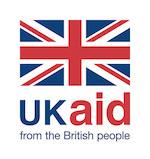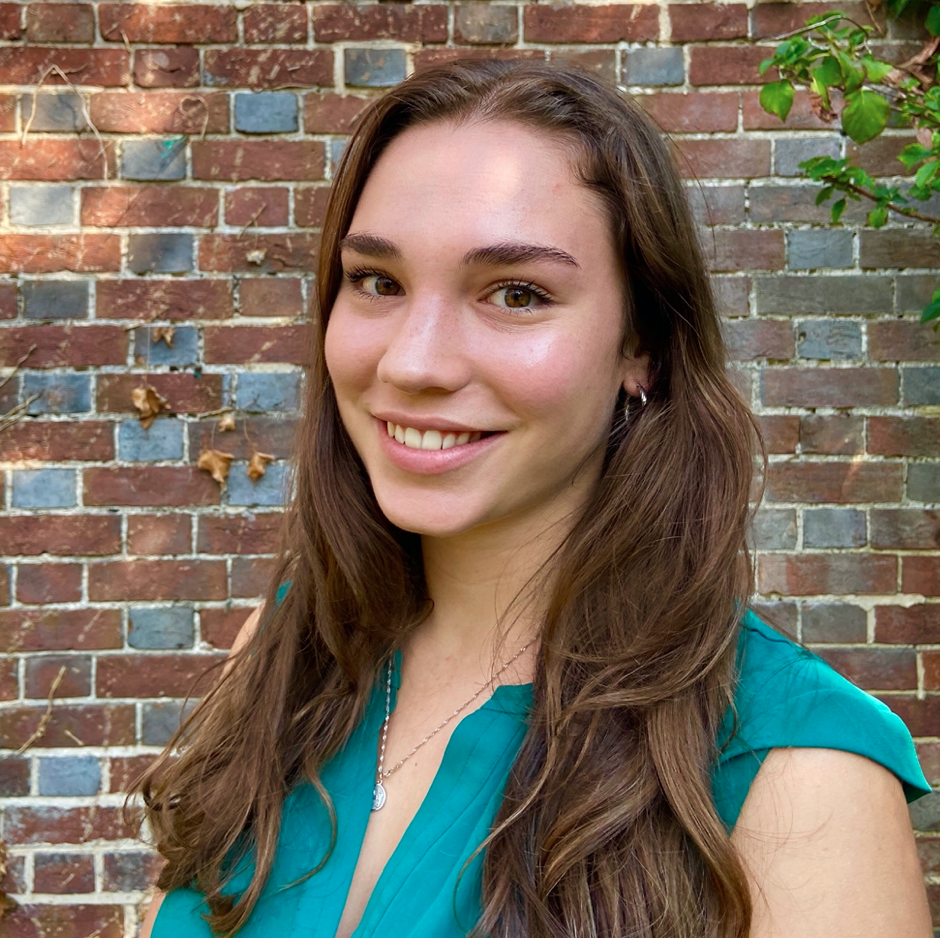In the past year, COVID-19 has impacted the daily lives of billions of people, while also exacerbating the inequalities faced by marginalised populations. Already isolated communities, such as those experiencing gender-based violence, have experienced higher levels of risk. Economic hardship further threatens to weaken the resilience and coping capacities of many, and refugee settlements must contend with high transmission due to overcrowding. As parts of the world encourage the positive impact of strict social distancing, the need for delivery of essential services and a lack of safe spaces has highlighted the importance of innovation in humanitarian contexts.
The humanitarian sector has had to act rapidly to respond to the immediate needs of vulnerable populations, as well as to ensure established services remain resilient, safe and operational. In these contexts, mobile-enabled solutions have been a valuable lifeline, demonstrating that connectivity may help mitigate many of the challenges associated with the pandemic.
The GSMA Mobile for Humanitarian (M4H) Innovation Fund, with our aim to promote innovation in the use of mobile technology to address humanitarian needs, recognised that many of our current grantees are well-positioned to address the challenges associated with the pandemic. With the support of UK aid from the UK government, the M4H Innovation Fund has been able to offer additional targeted funding to a small number of our grantees to support the adaptation of existing projects to respond to COVID-19.
Support has been awarded to six projects:
| Organisation | Project name | Location | Original project | Adaptation |
| Danish Refugee Council | Mobile Payments for Safe and Sustainable Water in Refugee Settlements | Kyaka II Refugee Camp, Uganda | The Danish Refugee Council’s project focused on providing water “ATMs” in Kyaka II refugee camp in Uganda. This included installation of the water ATMs, solar panels and access sites within the camp. Users would be able to access clean drinking water by making small, affordable payments via mobile money. | The DRC team is building trust around the mobile money ecosystem through digital literacy trainings. Providing 500 households with access to a mobile phone, including SIM registration in conjunction with UNHCR, Airtel & MTN Uganda, and one-time cash transfer. |
| United Healthcare Distributors | Empowering Women in Camps and Off-Grid Communities | West Nile, Uganda | United Healthcare Distributors provide energy security through community solar hubs and a battery exchange model. The portable smart batteries are rented at an affordable fee through a lessee network to households. | Increase number of distribution points. Adapt the Mobile Power App (MOPO) which is used to manage battery rental, to introduce more flexible hire periods and payment processes. |
| Naya Jeevan | My Beautiful Thar: How Mobile Technology Can Reduce Forced Displacement | Pakistan | Naya Jeevan works in Pakistan to enhance the resilience of the Thari indigenous people by providing female frontline health worker-assisted telemedicine and tele-veterinary care for animal livestock. | Address reported increase in mental health disorders in the Thar region with a cohort of 8 frontline health workers trained on screening for mental health disorders like Post Traumatic Stress disorder. Additional psychosocial support via mobile will be provided to 250 households across 8 villages, including 12 private video sessions with a licensed profession for those requiring mental health treatment. |
| International Rescue Committee | Protecting Vulnerable Populations in El Salvador, Honduras & Guatemala | El Salvador, Honduras & Guatemala | The International Rescue Committee’s online platform CuéntaNos provides users with independent access to information and support, enabling service providers to coordinate delivery and allowing vulnerable populations to access vital information. | IRC will expand their service to women, girls, survivors of GBV and the LGBTQ+ population in Guatemala. Service providers will be mapped and content will be developed for GBV prevention and response amidst COVID-19, with virtual psychosocial support and information made available via CuéntaNos and the Twilio two-way messaging platform. |
| Solidarités International | Solis Mobile Whatsapp Service | Lebanon | Using bot technology for an automated WhatsApp channel, Solidarités have built a free-of-charge platform for Syrian refugees to ‘take back’ ownership of refugee service delivery. On this platform they are able to request services, ask for information, send complaints and receive follow up via mobile. | Incorporating Machine Learning into their WhatsApp bot to improve the efficiency of conversations, provide more accurate answers on an extended scope of topics (particularly COVID-19) and reduce the need for mass group trainings. A smarter bot strengthens the understanding of refugee needs and allows Solidarités to deliver more appropriate COVID-19 aid. |
| OmniVis | Cholera Detection through a Mobile Platform | Haiti, Bangladesh & Kenya | OmniVis has developed a handheld cholera detection system to determine pathogen presence in water in under 30 minutes in the field with 98% accuracy. This information is then uploaded to their centralised dashboard to track cholera outbreaks. | Work with on the ground partners to expand water testing sites. Create connections with mobile network operators so their cloud-based portal can be used to send alert notifications to local communities about cholera outbreaks. This helps address the compounding effects of cholera and COVID-19, both of which are in part prevented through clean sanitation and access to fresh water. |
Each of these projects has demonstrated the ability of mobile technology to respond to a deficit in human contact, and shown the agility it has to adapt to unexpected crisis. The M4H Innovation Fund continues to support the incredible efforts of all our grantees, and will look to share learnings from the wider portfolio as their projects contend with COVID-19.
You can also now view an interactive map of all of our grantees with detailed project information, including COVID-19 adaptation information.
Next month (February 2021), we will be publishing a report looking at our our M4H Innovation Fund portfolio shifted or maintained services in humanitarian contexts using mobile technology and how mobile network operators engaged in this process. Additionally, the report aims to understand trends in digital programming within the current context of the pandemic. We look forward to sharing this with you.
If you’re interested in our work, you can sign up for our newsletter so you never miss an update.



